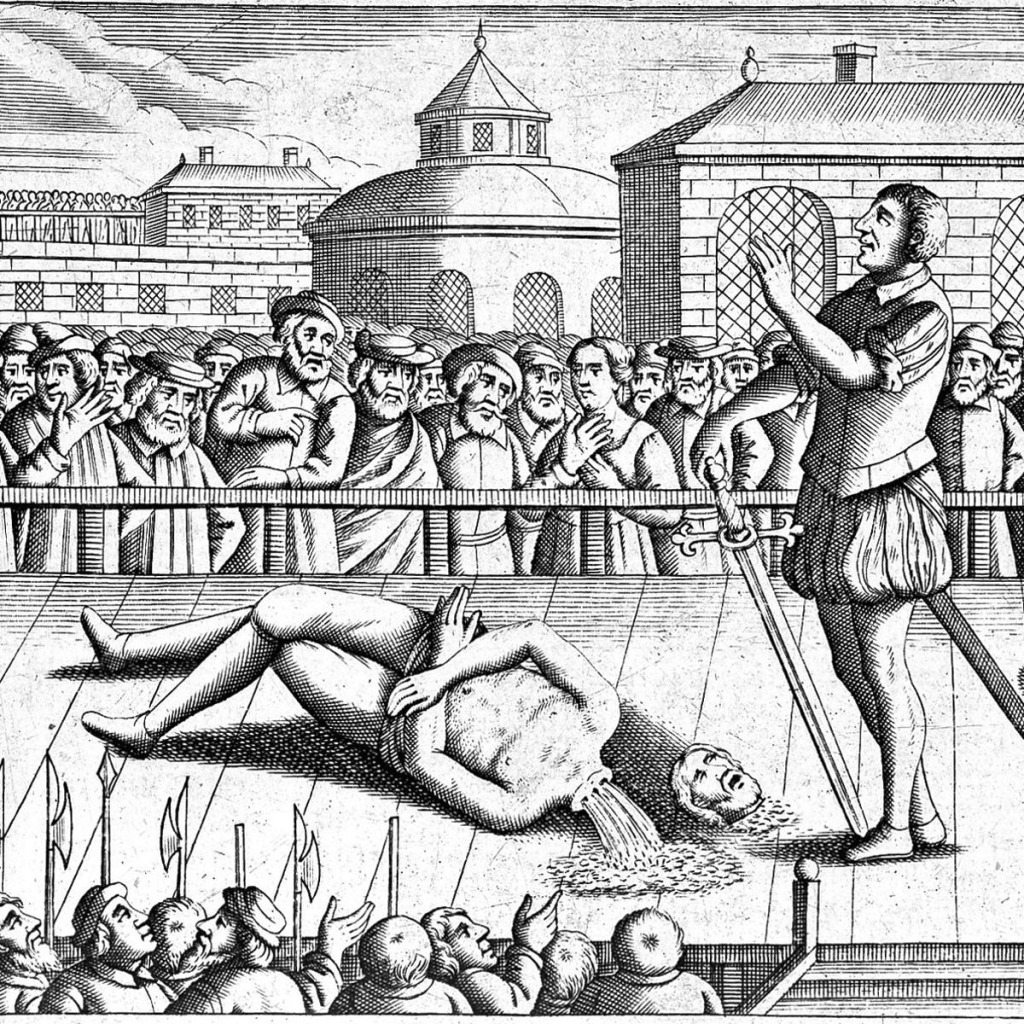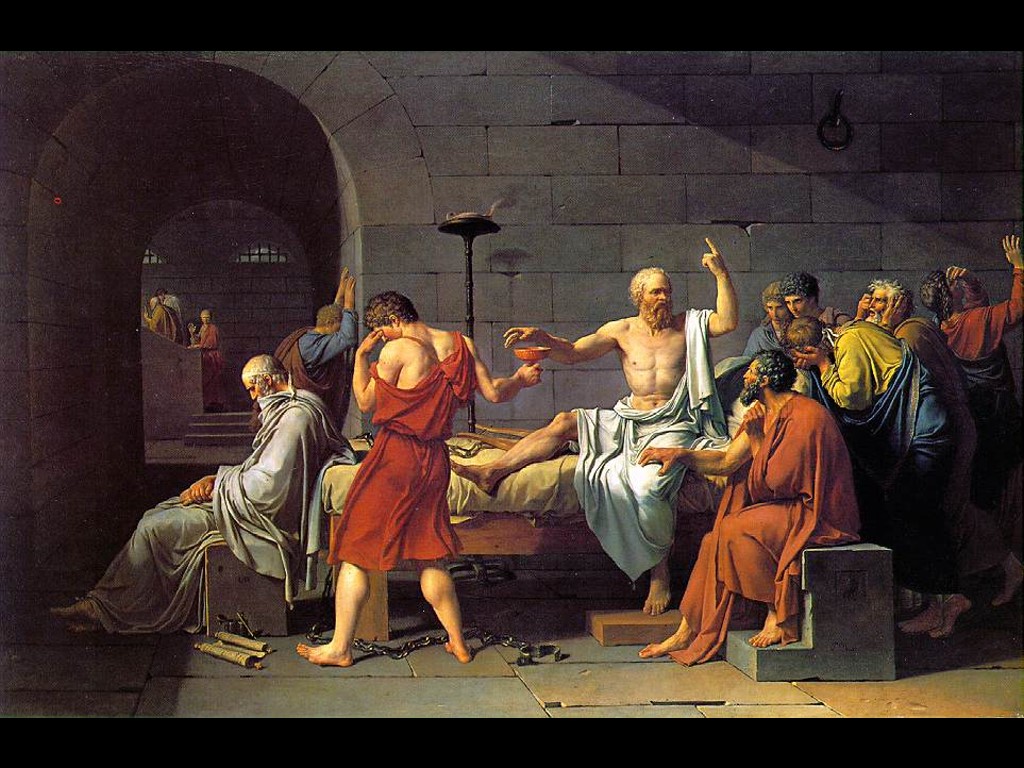Tara Smith, “Objective Law” [Atlas Intellectuals]
In this week of the self-paced course on Objectivity we feature Tara Smith’s “Objective Law”. Smith (Ph.D., Johns Hopkins University) is professor of philosophy at the University of Texas and author of Judicial Review in an Objective Legal System (Cambridge University Press, 2015). Our Executive Summary gives eight key points from Smith’s 13-page article. The full course […]
Tara Smith, “Objective Law” [Atlas Intellectuals] Read More »





